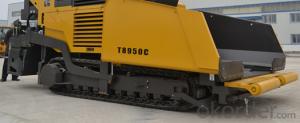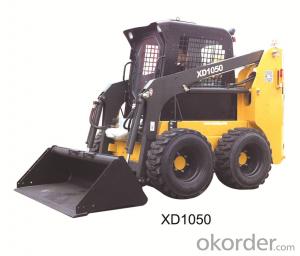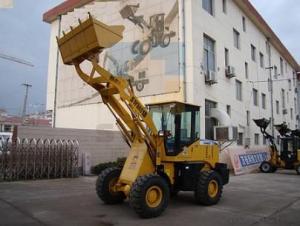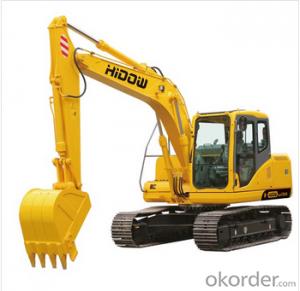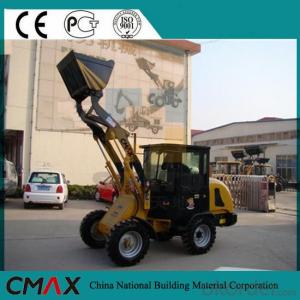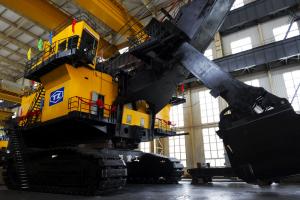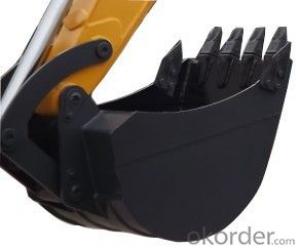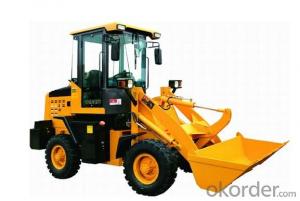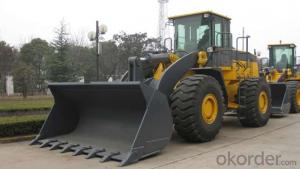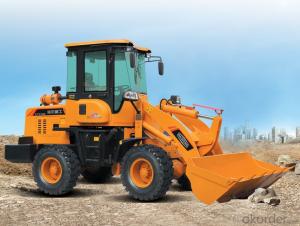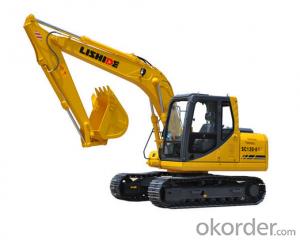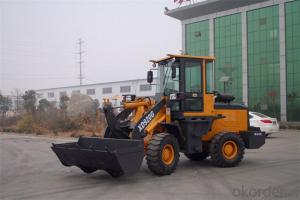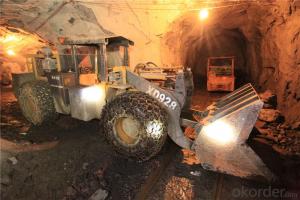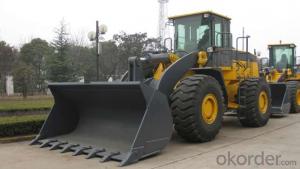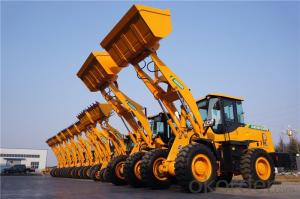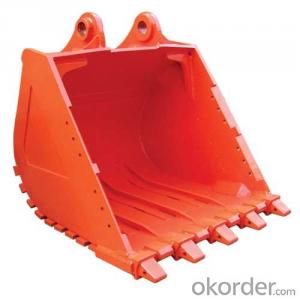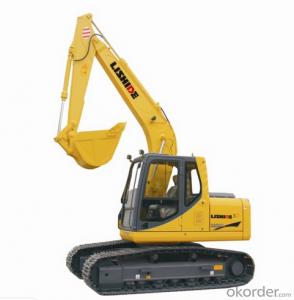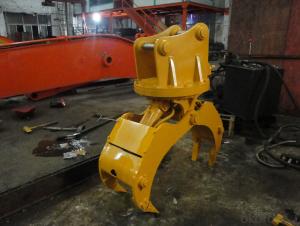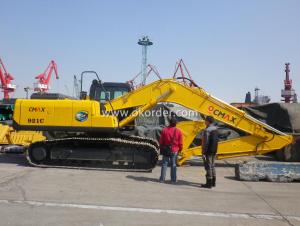All Categories
- - Steel Wire Rod
- - Steel Coils
- - Steel Profiles
- - Steel Pipes
- - Stainless Steel
- - Tinplate
- - Special Steel
- - Steel Sheets
- - Steel Rebars
- - Steel Strips
- - Hot Rolled Steel
- - Cold Rolled Steel
- - Pre-painted Steel
- - Seamless Steel Pipe
- - Welded Steel Pipe
- - Hollow Steel Tubes
- - Galvanized Pipe
- - Stainless Steel Coil
- - Stainless Steel Sheet
- - Stainless Steel Plate
- - Stainless Steel Strips
- - Electrolytic Tinplate Coil
- - Electrolytic Tinplate Sheet
- - Stainless Steel Rebars
- - Solar Panels
- - Solar Water Heater
- - Solar Related Products
- - Solar Inverter
- - Solar Cells
- - Solar Light
- - Solar Energy Systems
- - Solar Controllers
- - Solar Mounting System
- - Solar Pump
- - Solar Chargers
- - Fiberglass Chopped Strand
- - Fiberglass Mesh Cloth
- - Composite Pipes
- - FRP Pultrusion Profiles
- - Fiberglass Mat Tissue
- - Fiberglass Fabrics
- - Fiberglass Mesh
- - Composite Tank
- - Fiberglass Mesh tape
- - Polymer
- - FRP Roofing Panel
- - Fiberglass Roving
- - Monolithic Refractories
- - Ceramic Fiber Products
- - Refractory Bricks
- - Raw Materials For Refractory
- - Suspended Platform
- - Cranes
- - Concrete Machinery
- - Earthmoving Machinery
- - Building Hoist
- - Road Building Machinery
- - Plastic Pipe Fittings
- - Plastic Tubes
- - Plastic Sheets
- - Agricultural Plastic Products
- - Plastic Nets
 All Categories
All Categories
Q & A
What are the different types of auxiliary power systems in earthmoving machinery?
Some of the different types of auxiliary power systems in earthmoving machinery include hydraulic systems, electrical systems, and pneumatic systems. These auxiliary power systems help to power various attachments and functions of the machinery, such as hydraulic hammers, winches, and augers.
How do you ensure the proper cooling of earthmoving machinery engines?
Proper cooling of earthmoving machinery engines can be ensured by implementing regular maintenance practices such as keeping the radiator clean and clear of debris, monitoring coolant levels and quality, checking for any leaks or damages in the cooling system, and ensuring proper airflow through the engine compartment. Additionally, following the manufacturer's guidelines for operating and maintaining the machinery, such as avoiding prolonged idling and maintaining appropriate engine speed, can also contribute to efficient cooling.
How do you use earthmoving trench shoring equipment for safe excavation?
Earthmoving trench shoring equipment is used to ensure safe excavation by providing support and stability to the trench walls. The equipment typically includes hydraulic shoring, trench boxes, and slide rail systems. To use them safely, one must first assess the soil conditions and determine the appropriate shoring system. The equipment should be properly inspected and maintained before use. During excavation, the trench walls should be sloped or benched as per safety guidelines. The shoring equipment should be installed correctly, ensuring it is securely in place. Regular monitoring of the trench is crucial to identify any signs of instability or movement. Finally, proper training and adherence to safety protocols are essential to ensure the safe use of earthmoving trench shoring equipment during excavation.
What are the different types of compaction rollers used in earthmoving?
There are several types of compaction rollers used in earthmoving, including smooth drum rollers, padfoot rollers, pneumatic tire rollers, and sheepsfoot rollers. Each type has its own unique features and advantages, making them suitable for different types of soil and compaction requirements.
How does a hydraulic hammer differ from a vibratory roller?
A hydraulic hammer is a heavy-duty attachment used for breaking and demolishing concrete, rocks, and other hard materials. It operates by delivering a high-impact force through a piston-driven mechanism. On the other hand, a vibratory roller is a construction equipment used for compacting soil, asphalt, and other materials. It works by vibrating and exerting pressure on the surface to achieve better compaction. In summary, while a hydraulic hammer is designed for demolition, a vibratory roller is used for compaction purposes.
Wholesale Earthmoving Machinery from supplier in Liechtenstein
Our team of experts will work closely with you to understand your specific needs and provide personalized recommendations for the most suitable Earthmoving Machinery products. Whether you need excavators, bulldozers, loaders, or any other equipment, we have the resources and knowledge to meet your demands.
In addition to our exceptional product offerings, we also provide comprehensive after-sales services to ensure that your Earthmoving Machinery operates at its optimal level. Our highly trained technicians are available to provide maintenance, repairs, and spare parts whenever needed, minimizing downtime and maximizing productivity.
Furthermore, we prioritize customer satisfaction and strive to build long-lasting relationships with our clients. We are dedicated to providing excellent customer service and support throughout your journey with us, ensuring that you receive the utmost value from your investment in Earthmoving Machinery.
Partner with us for all your Earthmoving Machinery needs in Liechtenstein and experience the difference of working with a leading provider. Contact us today to learn more about our products and services and how we can assist you in achieving your goals.
In addition to our exceptional product offerings, we also provide comprehensive after-sales services to ensure that your Earthmoving Machinery operates at its optimal level. Our highly trained technicians are available to provide maintenance, repairs, and spare parts whenever needed, minimizing downtime and maximizing productivity.
Furthermore, we prioritize customer satisfaction and strive to build long-lasting relationships with our clients. We are dedicated to providing excellent customer service and support throughout your journey with us, ensuring that you receive the utmost value from your investment in Earthmoving Machinery.
Partner with us for all your Earthmoving Machinery needs in Liechtenstein and experience the difference of working with a leading provider. Contact us today to learn more about our products and services and how we can assist you in achieving your goals.
